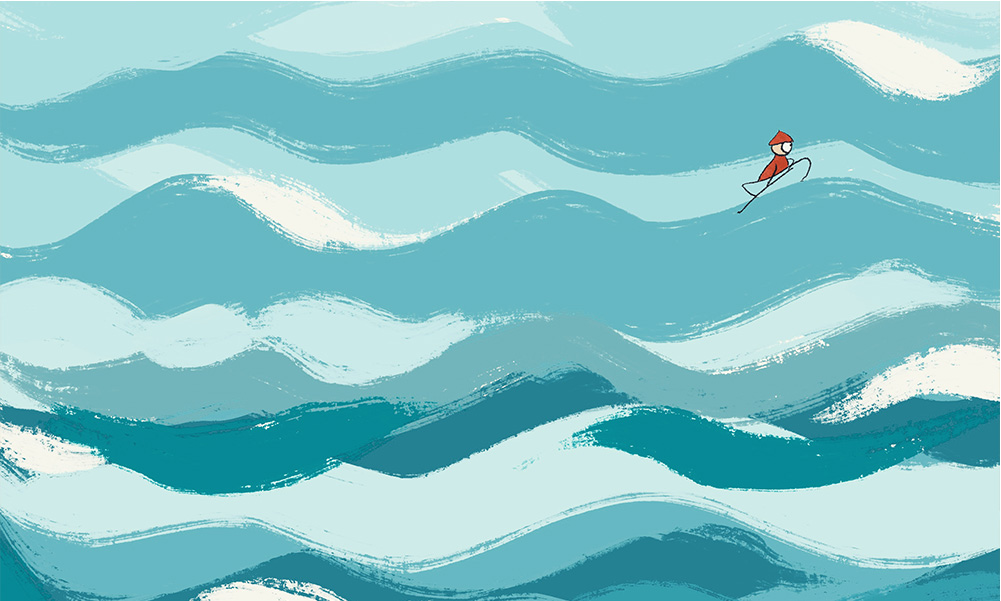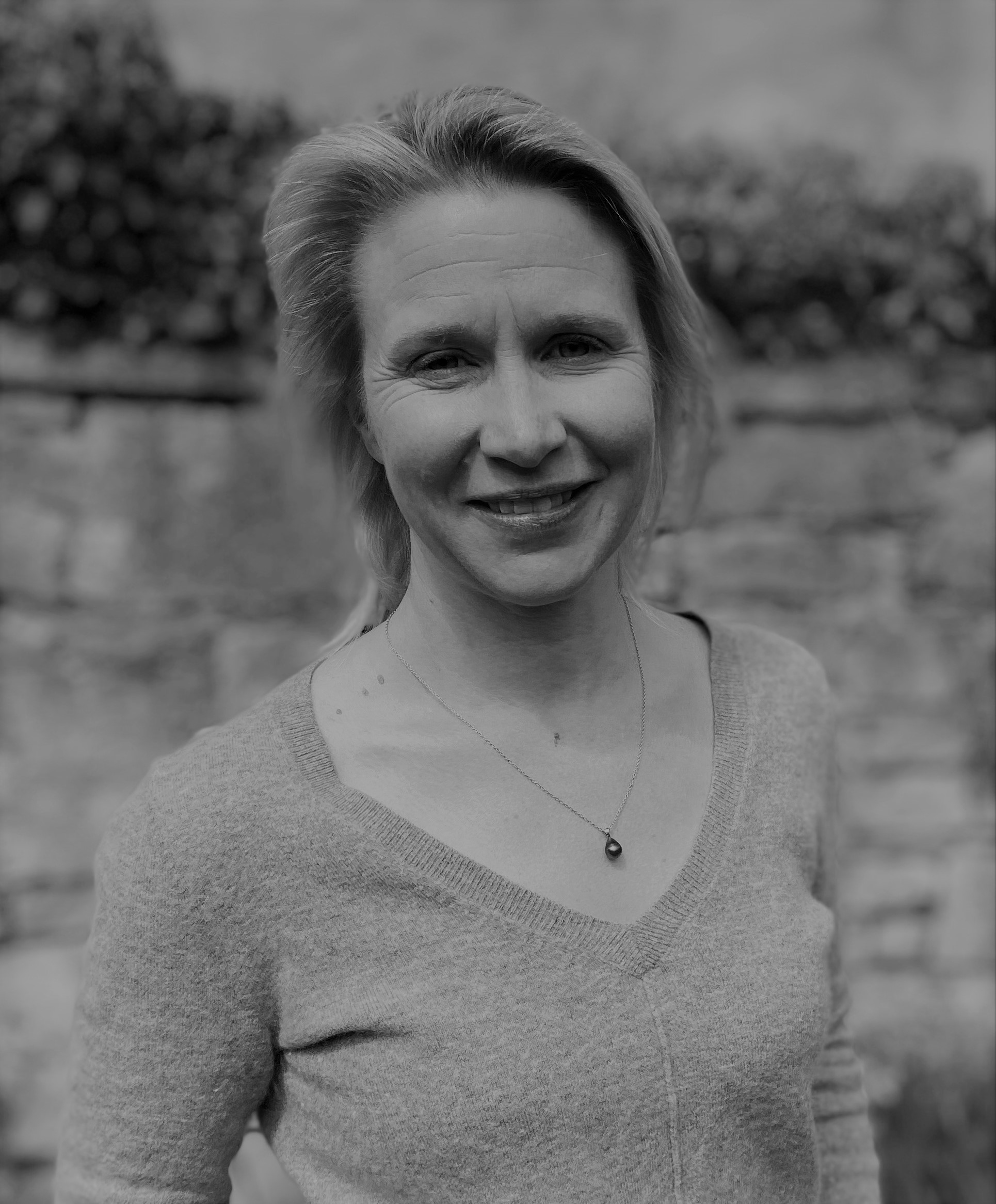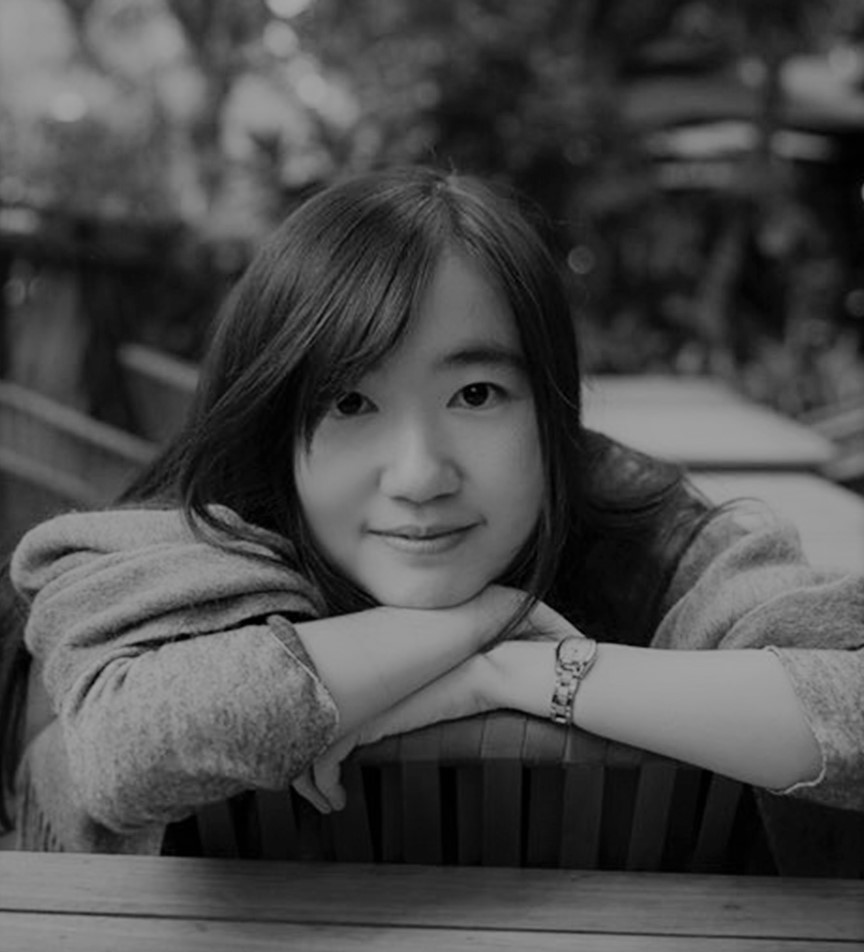
In this post, Stephanie (Charlie) Farley talks with Dr Sarah Ivory about her creation and open licensing of ‘Guidance on studying at university’ videos based on content from her book Becoming a Critical Thinker: for your university studies and beyond with Oxford University Press published in January 2021. Stephanie (Charlie) Farley is the Open Education Resources Advisor within Education Design and Engagement at the University of Edinburgh and Dr Sarah Ivory is the Director of the Centre for Business, Climate Change, and Sustainability (B-CCaS) and Lecturer in Climate Change and Business Strategy, University of Edinburgh Business School. This is the third post for the ‘Hot Topic’ theme of Teaching Matters: “Open for Good: Five Years of Open Education Resources at the University of Edinburgh”.
Charlie: We really enjoyed your videos and found them useful too! Could you tell us why you decided to create and share the series of ‘Guidance on studying at university’ videos out of content from your new book?
Sarah: I teach first year, first semester undergrad students. They’ve not studied here before and struggle with everything changing. A challenge for lecturers, is that university is a complete ‘free for all’ as to the background of students – and you have them for just 12 weeks! You don’t know how much background they have in critical thinking – those with none at all or those for whom this was the basis of their previous studies.
This book is entirely to help lecturers with a net to scoop up and help that bottom group, and to inspire students in the top group, to say to them ‘okay there’s a lot more that you as a student can do by taking it on yourself’.

Due to Covid-19 we were unable to provide our students with the content they’d normally have from us on this, so the first video I created was on how to focus during a recorded lecture. It wasn’t planned, I even had technical problems at the start and I’m terrible at tech. And I think the videos have been effective because they’re not lectures. It’s me Sarah, not Dr Ivory. It’s a personal connection through the screen.
Once I’d done them I thought it was a bit of shame only to send it to my students, it was very iterative, I put it up on Media Hopper and thought let’s tweet it.
Charlie: A lot of people tend to be protective of materials, especially those being published commercially, what was the decision process to open licence your videos?
Sarah: It’s both generous and selfish. Generous because I’m saying that I have this knowledge and I’m thinking how many people can I help? Especially right now when university students and lecturers are needing help. It’s going to help people with their own insight. What else am I going to do with it? Keep it closed and only help my students?
But I’m also being selfish because when people are inspired by these videos I’m betting that they’re going to go and buy and my book.
Charlie: I remember you attended one of my ‘Copyright, licensing, and open materials for remote and hybrid teaching’ training sessions last year, has your practice changed since then and since open licensing your videos?
Sarah: Yes, I went to the copyright training, mostly because I have been secretly aware that when creating my lecture slides I’d just download something from the internet online. Once I was at home and thinking more holistically, I thought how hard is it actually to work out what I need and what I can use in the right way. So, now I think more carefully about where I get images from, I try not to just type into google to find a picture I like. I’ve found a few easy resources, so I use Unsplash, and Freepik.
Charlie: How did you decide which licence to use for your video?
Sarah: I like the Share-Alike licence, because I don’t mind if people use it and make changes so long as it’s attributed. If someone found 3 minutes of it that was useful, and cut that out to use I’d be fine with that
The biggest concern I have is that it ends up being used for reasons that don’t meet my expectations. Used out of context. But I think the risk of that is relatively low because what I’m doing is talking about how to help students learn.
I have ideas in my head, why not get them out to people who can use them? It helps my profile as well. I’m coming out of two maternity leaves, my youngest is five, and I’m looking at the next stage of my career.
Charlie: Is there anything else you’d like to say about open licensing your resources?
Sarah: There are many people in this world who don’t get into the high-quality universities, for so many different reasons. That seems a real shame. What’s the point of teaching? Is it to allow your experience and abilities, and maybe gifts, to help a small number of already quite privileged people? That seems very narrow to me. Or to use the platform that I’ve been given, because working for the University of Edinburgh is a lovely platform to stand on, and say ‘who else can I help?’
Also, I’m going to be finding resources that other lecturers have made that could be useful to my students. So, it’s about this collective humanity. A collective humanity of learning and teaching. And if we could find a more systematic way of bringing that together I think that would be fantastic.
It didn’t take me any more time, other than to click on a few buttons. It was something I’d give anyway to my students so why not give it more openly to everyone who could benefit?
Except where otherwise stated, this blog post by Sarah Ivory & Stephanie Farley of the University of Edinburgh is licensed under a Creative Commons Attribution Share-Alike 4.0 licence.
 Sarah Ivory
Sarah Ivory
Dr Sarah Birrell Ivory is a Lecturer in the Business School. After almost ten years working in the business world she transitioned to an academic career. She has been working at the University of Edinburgh for almost a decade, teaching MBA, Masters and Undergraduate students. Her research explores sustainability, social enterprise, and more recently, the pedagogy of critical thinking. She has recently released a book with Oxford University Press entitled ‘Becoming a Critical Thinker: for your university studies and beyond’. She has a B.Com (Hons) from the University of Melbourne, an MBA from Melbourne Business School, and a MSc (By Research) and PhD from the University of Edinburgh. You can find more information at https://www.sarahivory.org/
Twitter: @drsarahivory
 Stephanie (Charlie) Farley
Stephanie (Charlie) Farley
Stephanie (Charlie) Farley is the Open Educational Resources (OER) Advisor with Information Services Group(ISG), providing OER, copyright and open licensing training across the University. Charlie is an advocate of playful engagement and learning, running the popular OER Game Jams and Gif It Up workshops, and the creator of the award winning 23 Things for Digital Knowledge programme. In 2018/19 as part of an Innovation Fund project she developed a Playful Engagement Strategy for ISG.
 Kelly Zou
Kelly Zou
Kelly Zou is a storyteller, illustrator, and ex-programmer. She is based in UK and currently studying MA in Illustration in Edinburgh College of Art. She has been the recipient of Honorable Mention in the 2019 3×3 Illustration Awards, her works were chosen for 2019 and 2020 Asia Illustrations Collections, and she is also the illustrator of the book “The Lost Flower Children” by Janet Taylor Lisle published in China. She loves telling stories.
Website: https://www.kellyzou.com/
Instagram: @kelly_zxj

